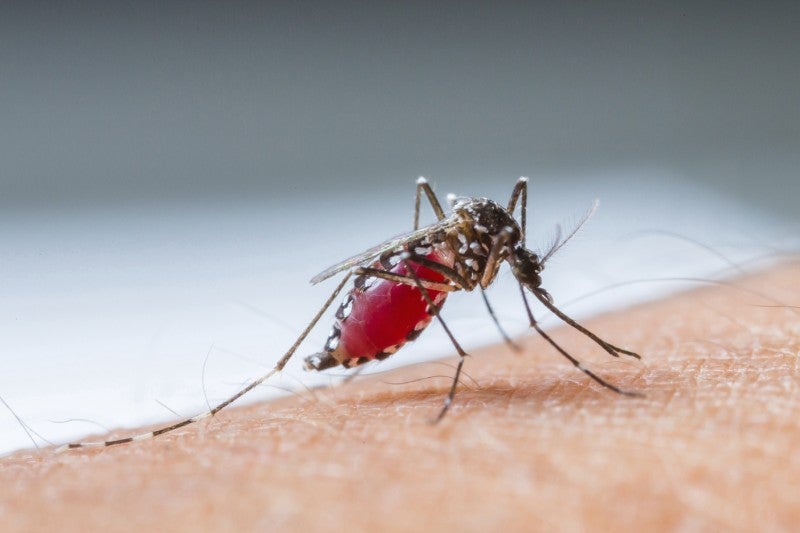
Building coalitions is hard work. Just ask the presidential candidates running in primaries or members of Congress trying to move legislation. Thankfully, in global public health, coalition building has been the operating principle for years. With more than 100 travel-associated cases of Zika virus in the United States, and likely more on the way, a global coalition including our nation’s own Centers for Disease Control and Prevention (CDC) is the most important line of defense to protect Americans from this new health threat.
The Global Health Security Agenda, a relatively new unifying framework, is a key coalition on behalf of global health. This agenda is comprised of the World Health Organization (WHO), the U.S. government, and more than 60 countries—among them, 30 nations collaborating with CDC. Its purpose is to close the gap in international preparedness for threats such as Zika by working to more effectively prevent, detect and rapidly respond to health threats. This is coalition-building truly at its best.
The mosquito-born Zika virus doesn’t respect national borders or diplomatic entreaties. That is why a global coalition is so important. The United States and its territories, like Puerto Rico, are now at risk for exposure to the Zika virus. At this point many more people have arrived in the United States with Zika than arrived with Ebola. The danger posed to pregnant women and their unborn children can have a lasting effect on families, their communities, the nation and the world.
CDC is working with international partners to alert healthcare providers and the public about Zika, post travel notices and other travel-related guidance, provide health laboratories with diagnostic tests and detect and report cases. These actions will help slow the spread of the virus, both in the United States and globally.
The work to be done extends beyond infectious disease prevention and control. Alliances are also essential to help build and enhance the health infrastructure of countries throughout the world, especially those without adequate resources. When highly contagious viruses are just a plane ride away, in-country training of health professionals, for example, is necessary to ensure boots are already on the ground to combat public health threats whenever and wherever they may appear.
CDC’s Field Epidemiology Training Program has trained health workers in more than 60 nations, including Brazil, the country hardest hit by Zika. Similarly, the U.S. government has been instrumental in helping to construct health infrastructures that did not exist previously in Sierra Leone, Guinea and Liberia—hotbeds of the recent Ebola crisis. Today, CDC is working alongside local, trained public health professionals now armed with response capacity to take on whatever the next health emergency may be.
Even with the Global Health Security Agenda in place, less than one-third of the world’s nations are prepared to respond to global health threats such as Zika. The challenge is to bring all nations on board and to ensure the framework is followed. That will require additional funding beyond what our government has already wisely invested in this effort. It will also require mobilization, advocacy and long-term commitment from government agencies, legislative bodies, philanthropies and the private business sector.
In today’s highly mobile and interconnected world, exotic viruses like Zika threaten us all. Globalization of travel and trade increases the chance and speed of these risks spreading. The US government’s efforts such as the Global Health Security Agenda are vital—literally a matter of life and death—in protecting against these threats. This is coalition building that not only works; it is also coalition building that sets the standard for others to follow.
Ruth J. Katz is director of the Health, Medicine and Society Program at The Aspen Institute and a CDC Foundation board member.

